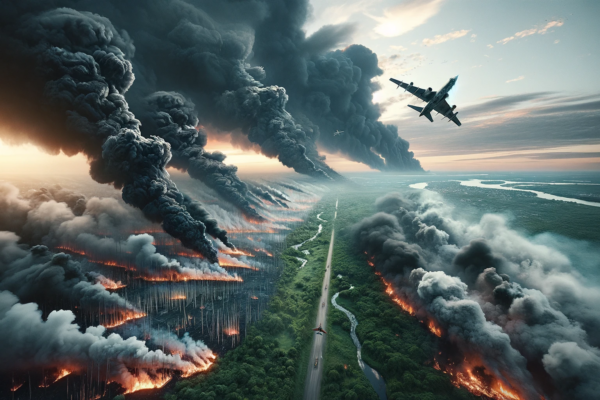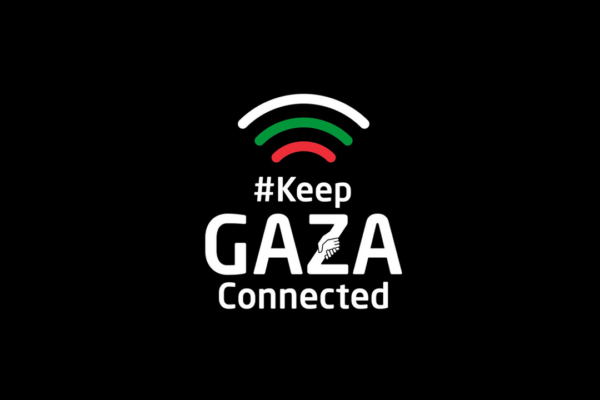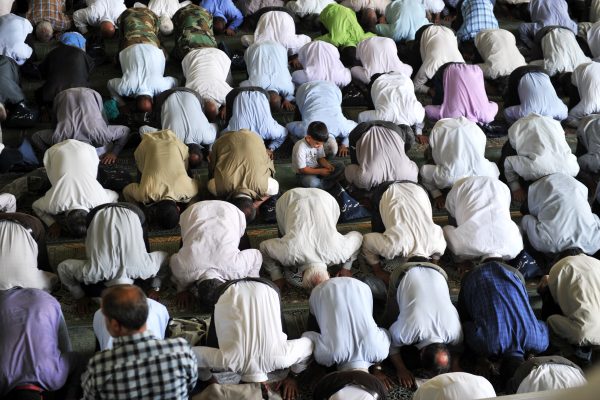Prelude
On the 20th of last month, Obama discussed climate change at the commencement of U.S. Coast Guard Academy. In reaction, a parody was produced by MEMRI TV mocking Obama’s statement suggesting climate change as the number one security threat. The parody was of course picked up by right wing media in the US to paint a negative picture of the Muslim World whilst at the same time, downplaying the significance or even relevance of Obama’s statement. The comedic nature of the parody was only later clarified and acknowledged by these media outlets.
Admittedly, this is trivial in comparison to other things that the Muslim World is blamed for, justifiably or otherwise. But this incident represents the politicized nature of climate change discussions in the US, making their way into speculations about the views held by the Muslim world on the issue. Things take a more serious turn when studies find connections between the Syrian crisis and the drought brought on by climate change. This only proves a reality that can longer be ignored.
Islamic Perspective on Environmentalism
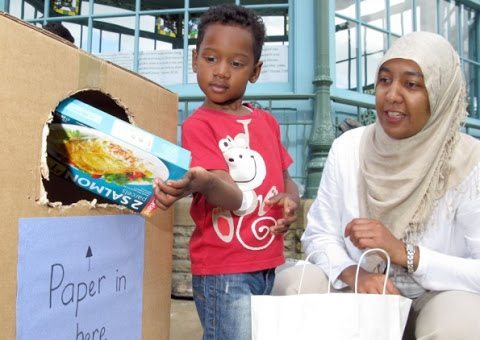 One expects the average Muslim to be well aware of their duty towards to the environment. I wouldn’t like to regurgitate what has been exceptionally well covered in opinion blogs, informational and religious sites on the web, linking a Muslim’s moral and ethical duties to their religious responsibility towards the environment on the basis of Quran and Ahadith. But I want to shed light on the importance of concerning ourselves with what is now being referred to as the defining challenge of our time—climate change.
One expects the average Muslim to be well aware of their duty towards to the environment. I wouldn’t like to regurgitate what has been exceptionally well covered in opinion blogs, informational and religious sites on the web, linking a Muslim’s moral and ethical duties to their religious responsibility towards the environment on the basis of Quran and Ahadith. But I want to shed light on the importance of concerning ourselves with what is now being referred to as the defining challenge of our time—climate change.
The divine declaration of Ashraful Maqluqaat or humans as ‘the best of creation’ provides a unique Islamic perspective on the concept of planetary stewardship. Just place this veneration of humankind in context of the decree that every blessing will be questioned on the day of judgement, and we have for us a framework for Islamic Environmentalism. The balance between a blessing and the duty offers us a formula for evaluating our decisions in relation to the environment, as it does for almost every other aspect of our life. Unfortunately, the human-to-nature relationship in this world is not predicated on this well-balanced framework, but on the idea that humans are justified in dominating the natural world for self-preservation and unbridled growth, in perpetuity.
Consequences of an Individualistic Culture
It’s no surprise that humans are far away from what is expected of them in regards to their engagement with nature when we see its consequences in phenomena like climate change. This exploitative human-to-nature relationship originates from a version of ‘individualism’ that advocates self-centered conduct and upholds freedom of individual action over collective endeavors. In almost all but some cities, commuters are set up for car travel for miles on end for lack of robust public transport (ref: Dallas, Atlanta). We purchase our groceries from big box retail outlets—the end points of a polluted global supply chain—because we have no other local options available, and if we do, they are financially out of reach (ref: Walmart, Target). We might feel good about recycling and changing our light bulbs, but we ought to acknowledge the meager impact these have in relation to other activities we are rigidly locked into.
A Muslim Climate Change Movement, anyone?
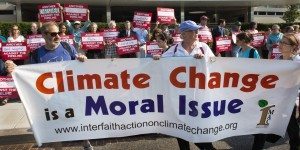 There is a need for change. There are several local and global movements that are gaining a ground swell of public support by pressuring local representatives and academic institutions to divest from fossil fuels, to adopt legislation that is supportive of local and cooperative enterprises, and to enact policies against environmentally destructive activities. These actions are becoming ubiquitous and it’s important for us, as Muslims, to insert ourselves in these actions in any way we can. But it is also equally important to contribute our voice to the conversation by working out ways to collaborate, cooperate and learn from each other within and across our communities. If nothing else, this issue can be one that brings us all on-board, regardless of the sect we belong to, or the beliefs we personally hold.
There is a need for change. There are several local and global movements that are gaining a ground swell of public support by pressuring local representatives and academic institutions to divest from fossil fuels, to adopt legislation that is supportive of local and cooperative enterprises, and to enact policies against environmentally destructive activities. These actions are becoming ubiquitous and it’s important for us, as Muslims, to insert ourselves in these actions in any way we can. But it is also equally important to contribute our voice to the conversation by working out ways to collaborate, cooperate and learn from each other within and across our communities. If nothing else, this issue can be one that brings us all on-board, regardless of the sect we belong to, or the beliefs we personally hold.
While national organizations like Islamic Council of Norway and Islamic Circle of North America have begun the conversation, how their convictions are realized on the ground still remains to be seen. Then, there is also the Muslim Seven Year Action Plan on Climate Change which has been dismally unfruitful having conducted its last meeting 5 years ago in April of 2010 with no outcome. Do we wait for those at the top to raise the voice of reason on the issue of climate change or do we work together from the ground up like most climate change movements out there?
I wish this to be a think piece that provokes action, even if it is at a small scale. But I do wish that these small scale actions occur ubiquitously across all of our local communities to eventually form a global Muslim movement towards climate action. Let’s start with our community centers and mosques, by making our events more sustainable. Create awareness and spread a sense of responsibility among the youth and children towards environment. Take part and encourage participation in local clean-up events and global awareness campaigns. Think of ways to contribute to the national and international conversation from a unique Muslim perspective with the help of Allah. These simple actions would not only allow us to accomplish our religious duty towards the environment, but would also help us disprove the stereotypes and prejudices against the Muslim world in general.
About the author: Ali is a doctoral student in the US interested in the topic of climate change and its socioeconomic and political consequences, especially at the local level.He is interested in raising awareness about environmental issues within the Muslim communities and among Muslim youth.





